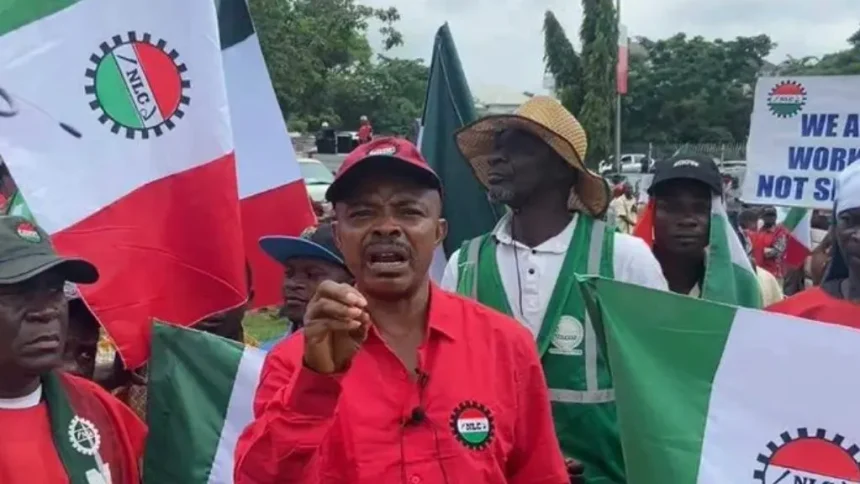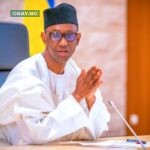The digital revolution has come at a price – a steep one, according to the Nigeria Labour Congress (NLC). This week, the NLC declared a digital war against major telecom operators, launching a nationwide boycott in protest of a recent 50% tariff hike.
The move, announced after an emergency meeting of the NLC’s Central Working Committee (CWC), aims to pressure telecom giants like MTN, Airtel, and Glo to reverse the price increase, which the union claims is a betrayal of trust and a blatant disregard for the Nigerian people.
“This arbitrary tariff hike is unacceptable,” declared Joe Ajaero, NLC President, in a strongly worded statement. “It demonstrates a callous disregard for the economic realities faced by ordinary Nigerians, who are already grappling with rising inflation and a struggling economy.”
The NLC’s anger stems from the swift implementation of the price increase despite ongoing negotiations with the Federal Government and the Nigerian Communications Commission (NCC). An agreement was reached to form a 10-member committee to review the tariff structure, but the telecom operators, seemingly emboldened by regulatory capture, preempted the committee’s findings with the 50% hike.
“This is not just about higher prices,” Ajaero emphasised. “It’s about corporate greed and the erosion of consumer rights. Data has become a necessity, not a luxury, for work, education, and social interaction. This hike disproportionately impacts the poor and exacerbates the digital divide.”
Read Also: Edun Defends Telecom Tariff Hike, Says It’s a “Starting Point”
The boycott, which began on February 13th, involves a daily “digital silence” from 11:00 AM to 2:00 PM, urging Nigerians to abstain from using mobile services. The NLC is also encouraging a complete data boycott, recognising the critical role data plays in modern life and the immense profits generated by telecom operators from this segment.
However, the NLC’s stance has not been met with unanimous support. The Private Telecommunications and Communications Senior Staff Association of Nigeria (PTECSSAN), an affiliate of the NLC, has expressed concerns about the potential consequences of a full-scale shutdown.
PTECSSAN argues that the tariff hike, while painful, is necessary to ensure the long-term viability of the telecom sector. Without the increased revenue, they warn, operators may be forced to cut back on services, potentially disrupting critical sectors like finance and security.
This standoff highlights the complex interplay of economic interests and social needs. While the NLC champions the rights of consumers and demands a more equitable digital landscape, the telecom industry grapples with rising operational costs and the need for continued investment in infrastructure.
The coming weeks will be crucial. Will the telecom giants relent in the face of public pressure and the threat of a nationwide shutdown? Or will they stand firm, potentially exacerbating the digital divide and further eroding public trust in the industry?
One thing is certain: This battle between the tech titans and the people is far from over, and its outcome will have significant implications for the future of digital connectivity in Nigeria.









